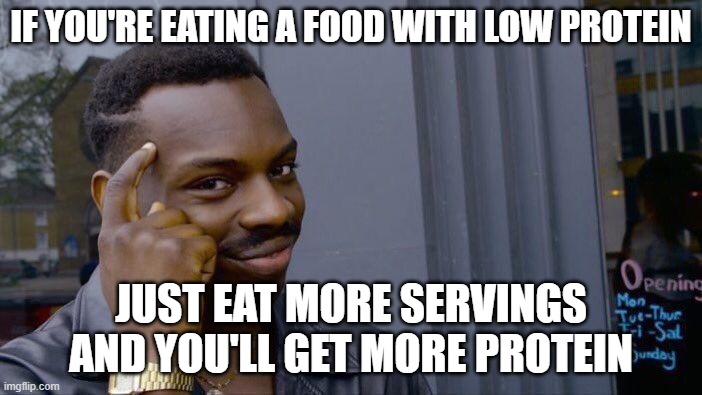Is Protein Powder Necessary If You Eat Enough Protein?
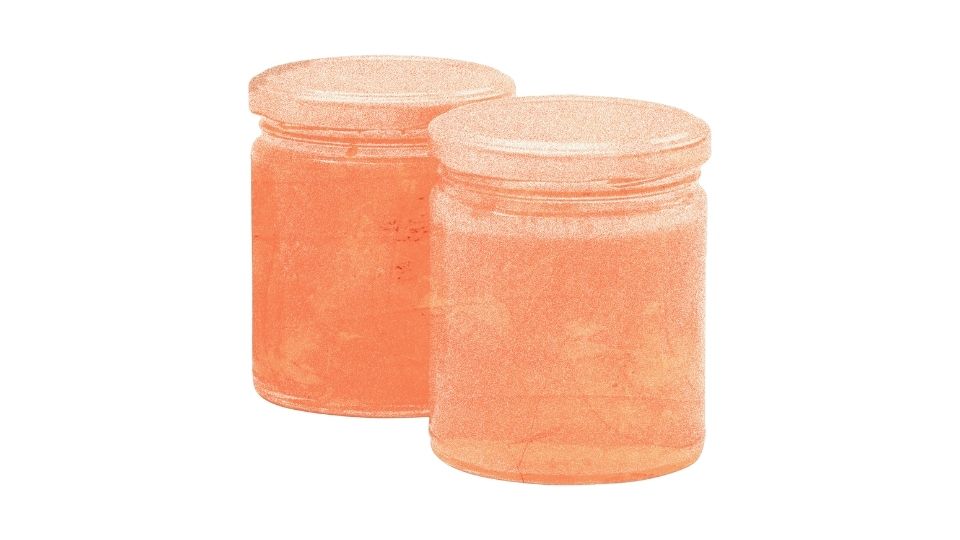
Protein powder – do you really need it, or is it all just marketing hype?
I’m fascinated by how much we’ve collectively bought into the idea that we need to chug down protein shakes to be healthy or build muscle.
But do we actually need protein powder?
Let’s be real – most people can get all the protein they need from actual food.
But there are some legitimate situations where protein powder makes sense. The answer (as with most nutrition questions) is “it depends” – on your goals, lifestyle, and what the rest of your diet looks like.
So instead of giving you a black-and-white answer, I’ll break down who actually benefits from protein powder, who’s wasting their money, and how to make smart decisions if you do decide to use it.
And most importantly, can I blame my lack of six-pack abs on not having the right protein powder? (sarcastic laugh)
The Truth About Protein Powder
What protein powder actually is
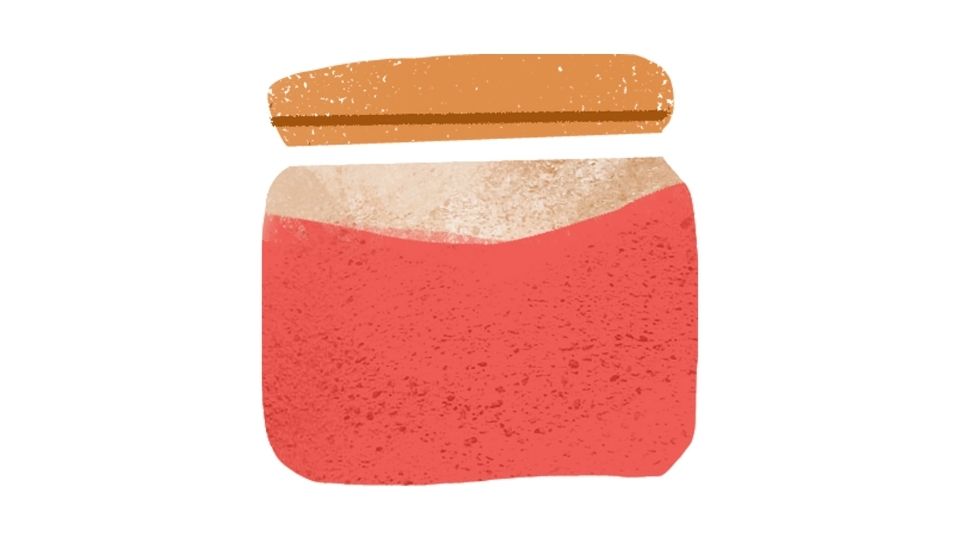
Protein powder is just a concentrated form of protein that’s been processed into a powder. The most common types are:
- Whey (from milk)
- Casein (also from milk, but digests slower)
- Plant-based (pea, rice, hemp, soy)
Each scoop typically contains 20-30g of protein, which is roughly the amount in a chicken breast.
The appeal is obvious – it’s convenient, shelf-stable, and gives you a pure hit of protein without much fat or carbs (unless you buy the ones loaded with sugar).
When protein powder actually makes sense
Let’s talk about when protein powder might actually be worth your money:
For athletes and serious lifters
If you’re training intensely multiple times per week, your protein needs are higher than average. Research confirms that supplementing with protein powder can help maximize muscle growth and recovery when combined with resistance training.
When you’re crazy busy
Let’s be honest – some days you barely have time to breathe, let alone cook a protein-rich meal. A quick shake can help you meet your nutritional needs when time is tight.
For plant-based eaters
If you’re vegan or vegetarian, hitting adequate protein can sometimes be challenging. Plant-based protein powders can help bridge potential gaps without requiring you to eat mountains of tofu.
For older adults
As we age, maintaining muscle becomes harder, and research shows that older adults may benefit from higher protein intake. Protein powder provides an easy solution when appetite is limited.
During injury recovery
When your body is healing, protein needs increase. If you’re dealing with reduced appetite or difficulty eating, protein supplements can help meet these elevated requirements.
When protein powder is just expensive pee
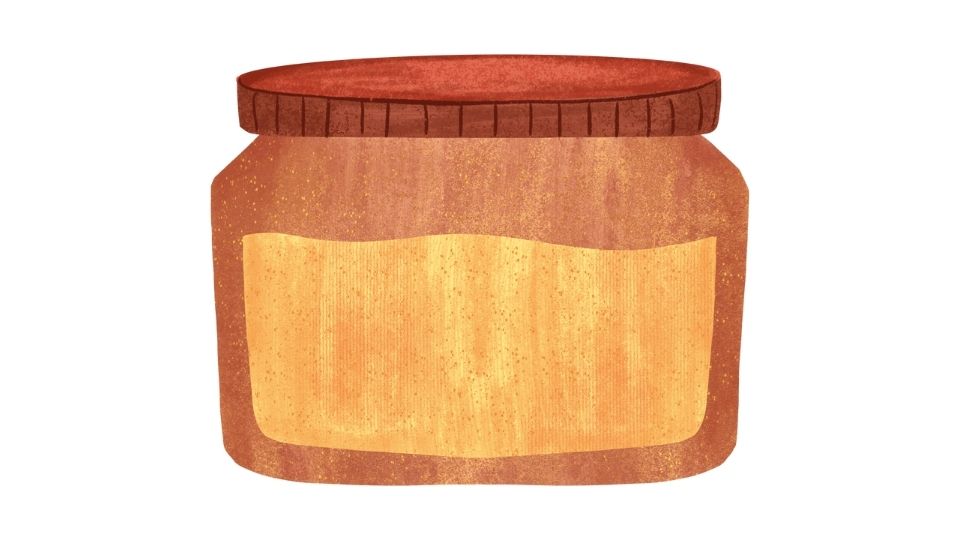
For most average people, protein powder is completely unnecessary if:
- You eat a balanced diet with animal products
- You’re not trying to build significant muscle
- You have no trouble meeting protein needs through food
The average American actually consumes way more protein than needed already. The RDA is about 0.8g per kg of bodyweight (about 56g for a 154lb person), and most Americans get 88-92g without even trying.
So spending $40+ on a tub of protein powder might just give you expensive urine.
The potential downsides nobody talks about
There are some legitimate concerns about protein supplements that the fitness industry conveniently ignores:
They’re barely regulated
The FDA regulates supplements much more loosely than food or medication. A concerning study found that many protein powders contain detectable levels of heavy metals like lead, arsenic, and cadmium.
Digestive issues
Many people experience bloating, gas, and stomach discomfort from protein supplements – especially dairy-based ones. Your coworkers will thank you for knowing this.
False sense of healthiness
That “cookies and cream” flavored protein powder with artificial sweeteners, thickeners, and flavor enhancers isn’t exactly health food. Many protein powders are highly processed food products.
You might be overdoing it
There’s a point of diminishing returns with protein. Your body can only use so much at once, and excess doesn’t provide additional benefits for most people.
How to decide if you need protein powder
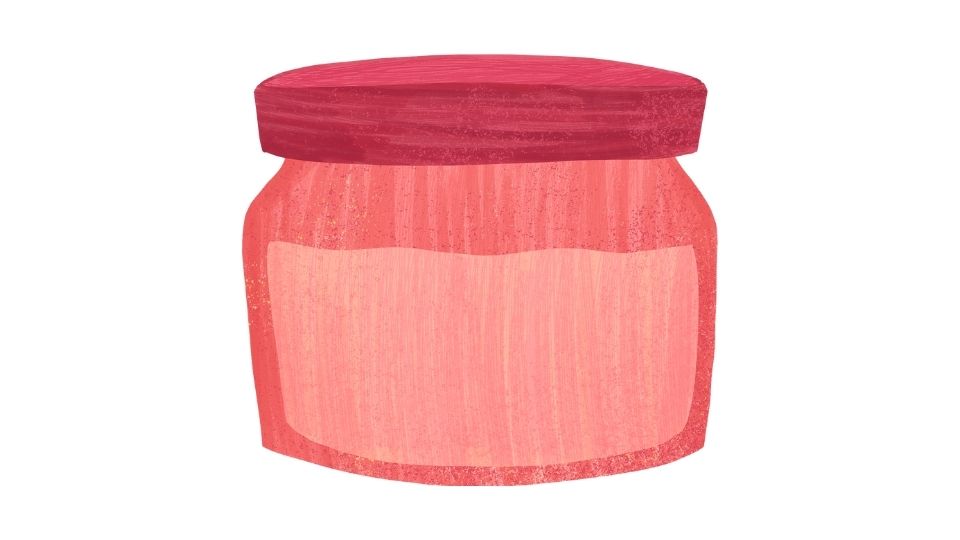
Know your actual protein needs
The amount of protein you need depends on several factors:
- Average adult: 0.8g per kg of bodyweight
- Active person: 1.2-1.7g per kg
- Serious athlete: 1.6-2.2g per kg
- During weight loss: Potentially higher to preserve muscle
For a 175lb (79kg) person, that’s about:
- Minimum: 63g
- Active: 95-134g
- Athlete: 126-174g
Track your actual intake
Before buying protein powder, try tracking your food for a few days using an app. Most people are surprised to find they’re already getting plenty of protein.
For reference, here’s how much protein is in common foods:
- 4oz chicken breast: 35g
- 1 cup Greek yogurt: 25g
- 3 eggs: 18g
- 1 cup beans: 15g
- 2 tbsp peanut butter: 8g
Choose quality if you do use it
If you decide protein powder makes sense for you, look for:
- Third-party testing for contaminants (NSF Certified for Sport or Informed Choice)
- Minimal ingredients without tons of additives, fillers, and artificial sweeteners
- Appropriate type for your needs (whey isolate for fast absorption, casein for before bed, plant-based if you avoid animal products)
My personal take
I use protein powder occasionally – mainly when I’m traveling or super busy and know I won’t be able to get a proper meal in. It’s a convenient insurance policy.
But I don’t rely on it daily, and I certainly don’t think it’s magical. Food first, supplements second is a good rule of thumb.
I also think there’s something psychologically satisfying about eating actual food rather than drinking calories. When you chew food, your brain registers fullness better than when you drink a shake.
The bottom line on protein powder
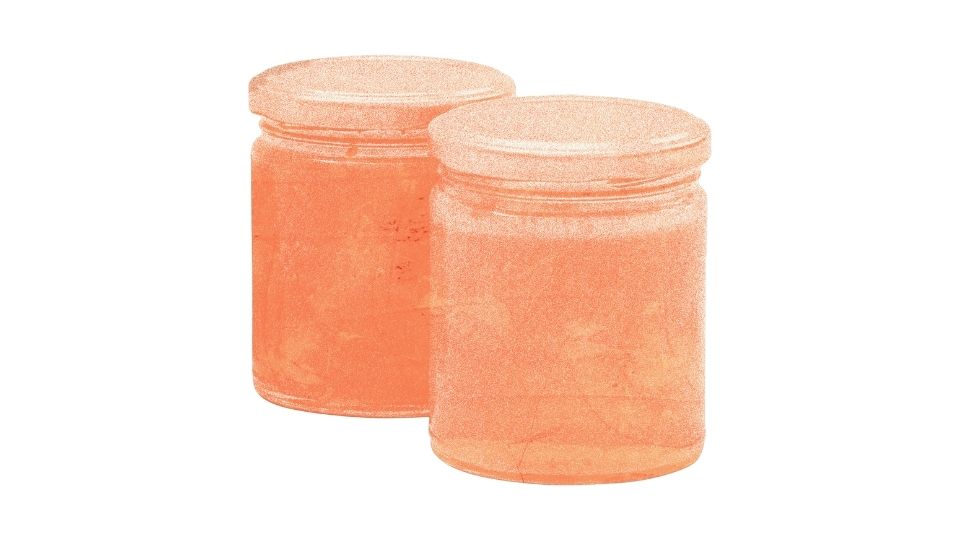
Is protein powder necessary? For most people, no.
Is it helpful in certain situations? Absolutely.
Protein powder is a tool – nothing more, nothing less. It’s not evil, but it’s not essential either.
If you enjoy the convenience and it helps you meet your nutrition goals, use it strategically. If you’re already getting enough protein from food, save your money for something else.
Remember that no supplement – no matter how well-marketed – replaces the foundations of good nutrition: whole foods, adequate hydration, and an overall balanced diet.
And if your protein shake tastes like cake batter but has “zero sugar,” be skeptical about what chemicals are creating that magic.

